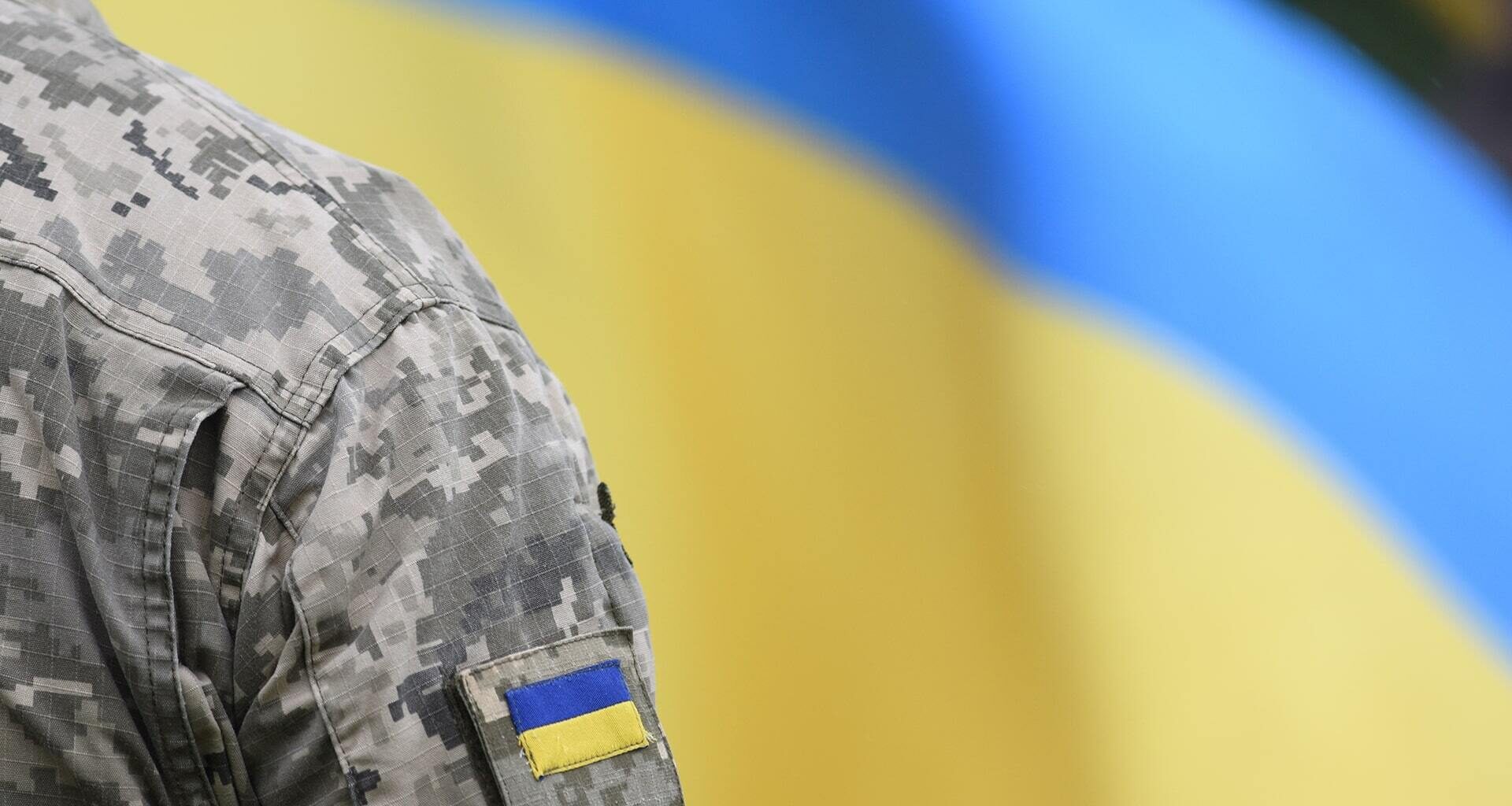At the time of writing (Friday 18th February) Russian military forces appear to be on the verge of invading Ukraine. Global financial markets have been paying close attention to the ongoing crisis. The prospect of a war is stoking volatility and dominating news headlines.
In our view the best way of assessing any prospective risk is to consider the worst case scenario, and work from there. In this case, the worst case is a full scale invasion of Ukraine by Russia.
If this did happen, the West would not risk direct conflict with Russia. Neither side wants that and both would, as was the case throughout the Cold War, avoid a shooting war with each other. This limits the scope of the conflict to Ukraine alone.
Ukraine and Russia’s economies combined are about the same size as Italy’s economy. So the direct economic impact of a war between them would be somewhat limited with respect to global economic demand, i.e., not much.
The worst impact would be on supplies of gas into Europe, which could result in higher energy prices and as such, higher inflation prints. However, Russia relies on money from exporting gas to Europe to fund its military posturing. So restricted gas supplies to Europe probably wouldn’t last long.
Looking back at past crises, the Cuban Missile Crisis was much worse than this situation. Then, there was a very real possibility of nuclear war. The Ukraine situation today is much more like Hungary in 1956 or Czechoslovakia in 1968, when the Soviet Union invaded those countries to stamp out democratic uprisings. In both cases, there was escalated tension with the West, but it had no effect on the global economy.
An invasion of Ukraine would also be a really bad idea from Putin’s perspective. Wars are risky and have brought down dictatorships in the recent past (The Falklands War in 1982 led to the fall of the military dictatorship in Argentina, the invasion of Afghanistan contributed to the fall of the Soviet Union in the late 1980s).
There have been many conflicts in the 20th and 21st centuries, so we have a long track record of how markets react to wars. Since the Second World War, every major conflict has usually either been shrugged off by markets, or has seen a short-term dip followed by a strong rally. This is the right reaction. Most wars have limited, and often no, effect on the global economy. Markets rallied past the Korean War, Vietnam, Afghanistan, Iran-Iraq, two Gulf Wars, the Yugoslav Wars, and Syria.
If investors want to talk geo-political risk that matters long-term, then China-Taiwan is where they should be looking.
Disclaimer: The views expressed in this article are those of the author at the date of publication and not necessarily those of Dominion Capital Strategies Limited or its related companies. The content of this article is not intended as investment advice and will not be updated after publication. Images, video, quotations from literature and any such material which may be subject to copyright is reproduced in whole or in part in this article on the basis of Fair use as applied to news reporting and journalistic comment on events.


